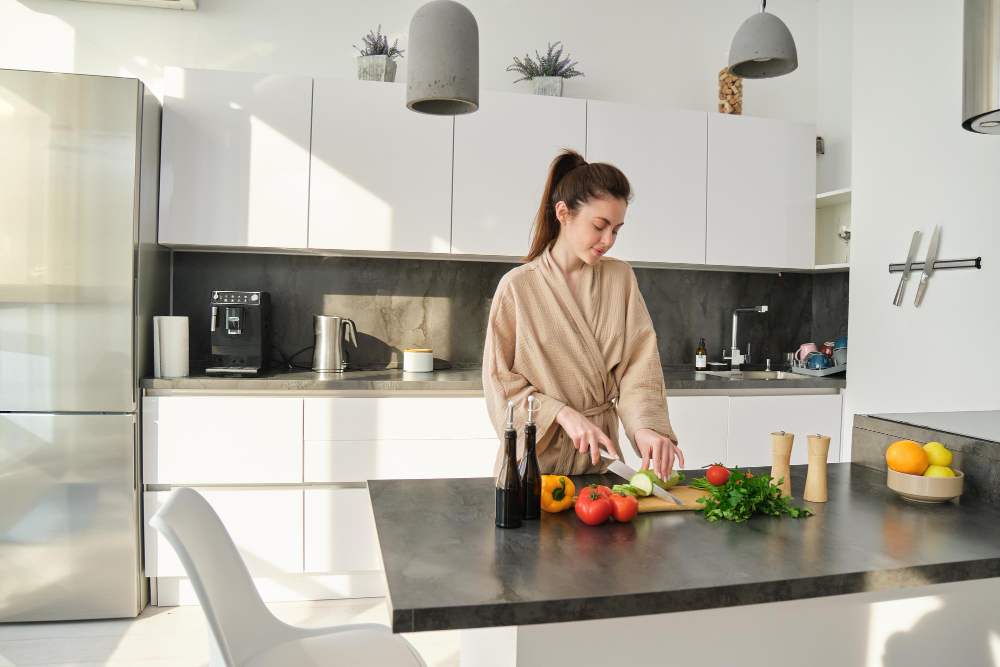

When it comes to choosing the right countertop material for your kitchen or bathroom, granite is undoubtedly one of the most popular options. With its durability, timeless beauty, and easy maintenance, it's no wonder why homeowners and designers alike continue to choose granite over other materials. But, like any decision, there are pros and cons to consider before making the investment. In this post, we'll explore the benefits and drawbacks of granite countertops to help you make an informed decision.
Granite is one of the toughest countertop materials out there, and is well-known for its resistance to scratches, stains, and heat. Unlike other materials, granite doesn't chip easily and can withstand daily wear and tear.
Granite countertops come in a variety of natural stone patterns and colors that can add a unique and elegant touch to any kitchen or bathroom. It also retains its luster and shine for years, even with frequent use.
Granite is incredibly easy to clean and maintain, requiring only a daily wipe down with a mild soap and water. Additionally, its non-porous surface makes it antibacterial and resistant to mold and mildew.
Investing in granite countertops can pay off in the long run, as it has the potential to increase the resale value of your home. Due to its long-lasting durability and aesthetic appeal, it's a highly sought-after feature among homebuyers.
Compared to other materials, granite is one of the most expensive countertop options on the market. Its price per square foot can range from $50 to $150, depending on the quality and rarity of the stone.
Due to its density and weight, granite countertops may require additional structural support, especially for larger installations. This can add additional time and cost to the installation process.
Although granite is a non-porous surface, it can still absorb liquids and stains if left uncleaned for an extended period. This can be particularly problematic for light-colored granite, which is more prone to showing stains.
While granite is relatively easy to maintain, it does require some upkeep to maintain its shine and prevent stains. Periodic sealing is necessary to protect the surface and ensure its longevity.
In conclusion, there are both pros and cons to consider when choosing granite countertops for your home. If you're looking for a high-quality, long-lasting material with a stunning natural aesthetic, granite may be a perfect fit for your space. However, it's important to be aware of its potential downsides - including the high initial cost, weight and installation considerations, and the need for regular maintenance. Ultimately, the decision to invest in granite countertops will depend on your personal style, budget, and priorities. So, take the time to research and weigh your options before making a final decision. If you're looking for apartments in Jacksonville, FL, contact The Lofts at Wildlight today to schedule a personal tour.